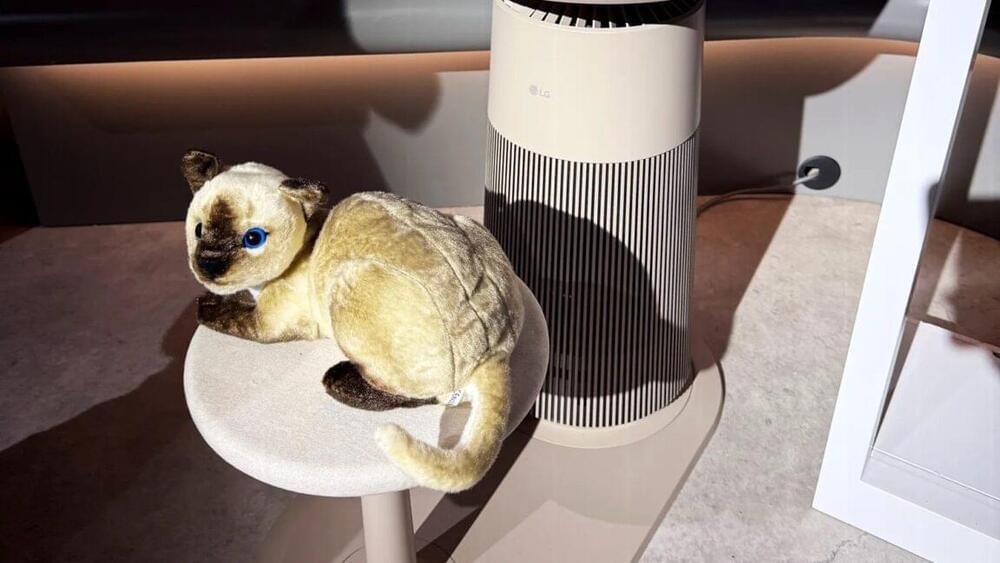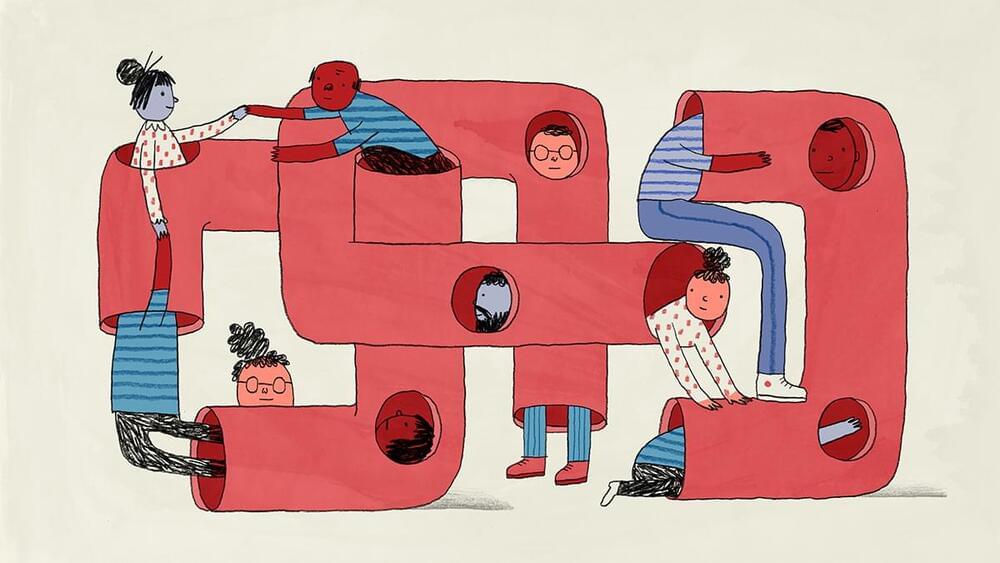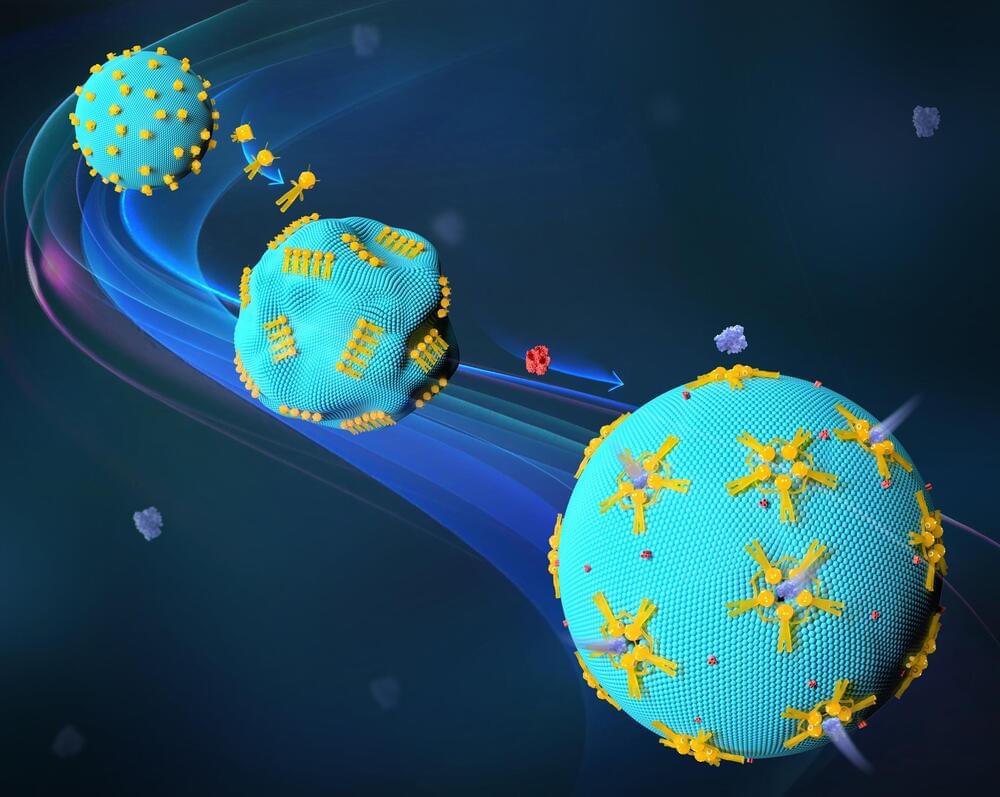Metamaterials can reverse light’s path in time within nanoseconds, defying conventional physics.
Get the latest international news and world events from around the world.


Diamond continues to shine: New properties discovered in diamond semiconductors
Diamond, often celebrated for its unmatched hardness and transparency, has emerged as an exceptional material for high-power electronics and next-generation quantum optics. Diamond can be engineered to be as electrically conductive as a metal, by introducing impurities such as the element boron.
Researchers from Case Western Reserve University and the University of Illinois Urbana-Champaign have now discovered another interesting property in diamonds with added boron, known as boron-doped diamonds.
Their findings could pave the way for new types of biomedical and quantum optical devices—faster, more efficient, and capable of processing information in ways that classical technologies cannot. Their results are published in Nature Communications.


Adobe’s new bulk AI image tool can edit thousands of images in seconds
Adobe has added numerous features to its Firefly GenAI suite since its introduction in 2023. The latest update enables companies to adjust images in bulk – and when they say bulk they are claiming by the thousands, if necessary. Known as Firefly Bulk Create, this tool aims to accelerate advertising and messaging campaigns by making image alterations more efficient. While some critics worry that this technology might erode human artistry in advertising, Adobe’s press release promotes the new tools as a means to cut through tedious work.

A Guide to Managing Interconnected AI Systems
Increasingly, AI systems are interconnected, which is generating new complexities and risks. Managing these ecosystems effectively requires comprehensive training, designing technological infrastructures and processes so they foster collaboration, and robust governance frameworks. Examples from healthcare, financial services, and legal profession illustrate the challenges and ways to overcome them.
Page-utils class= article-utils—vertical hide-for-print data-js-target= page-utils data-id= tag: blogs.harvardbusiness.org, 2007/03/31:999.397802 data-title= A Guide to Managing Interconnected AI Systems data-url=/2024/12/a-guide-to-managing-interconnected-ai-systems data-topic= AI and machine learning data-authors= I. Glenn Cohen; Theodoros Evgeniou; Martin Husovec data-content-type= Digital Article data-content-image=/resources/images/article_assets/2024/12/Dec24_13_BrianRea-383x215.jpg data-summary=
The risks and complexities of these ecosystems require specific training, infrastructure, and governance.


Cosmic shock waves: Unraveling the mystery of electron acceleration
Scientists have come a step closer to understanding how collisionless shock waves—found throughout the universe—are able to accelerate particles to extreme speeds.
These shock waves are one of nature’s most powerful particle accelerators and have long intrigued scientists for the role they play in producing cosmic rays — high-energy particles that travel across vast distances in space.
The research, published in Nature Communications, combines satellite observations from NASA’s MMS (Magnetospheric Multiscale) and THEMIS/ARTEMIS missions with recent theoretical advancements, offering a comprehensive new model to explain the acceleration of electrons in collisionless shock environments.

DNA nanorobots that can alter artificial cells offer a new tool for synthetic biology
The shape and morphology of a cell play a key role in the biological function. This corresponds to the principle of “form follows function,” which is common in modern fields of design and architecture. The transfer of this principle to artificial cells is a challenge in synthetic biology. Advances in DNA nanotechnology now offer promising solutions. They allow the creation of novel transport channels that are large enough to facilitate the passage of therapeutic proteins across cell membranes.
In this emerging field, Prof. Laura Na Liu, Director of the 2nd Physics Institute at the University of Stuttgart and Fellow at the Max Planck Institute for Solid State Research (MPI-FKF), has developed an innovative tool for controlling the shape and permeability of lipid membranes in synthetic cells. These membranes are made up of lipid bilayers that enclose an aqueous compartment and serve as simplified models of biological membranes. They are useful for studying membrane dynamics, protein interactions, and lipid behavior.
The work is published in Nature Materials.

Speed Unleashed: How a Tiny Quantum Switch Is Supercharging Data Centers
Researchers at the university of pennsylvania.
The University of Pennsylvania (Penn) is a prestigious private Ivy League research university located in Philadelphia, Pennsylvania. Founded in 1740 by Benjamin Franklin, Penn is one of the oldest universities in the United States. It is renowned for its strong emphasis on interdisciplinary education and its professional schools, including the Wharton School, one of the leading business schools globally. The university offers a wide range of undergraduate, graduate, and professional programs across various fields such as law, medicine, engineering, and arts and sciences. Penn is also known for its significant contributions to research, innovative teaching methods, and active campus life, making it a hub of academic and extracurricular activity.